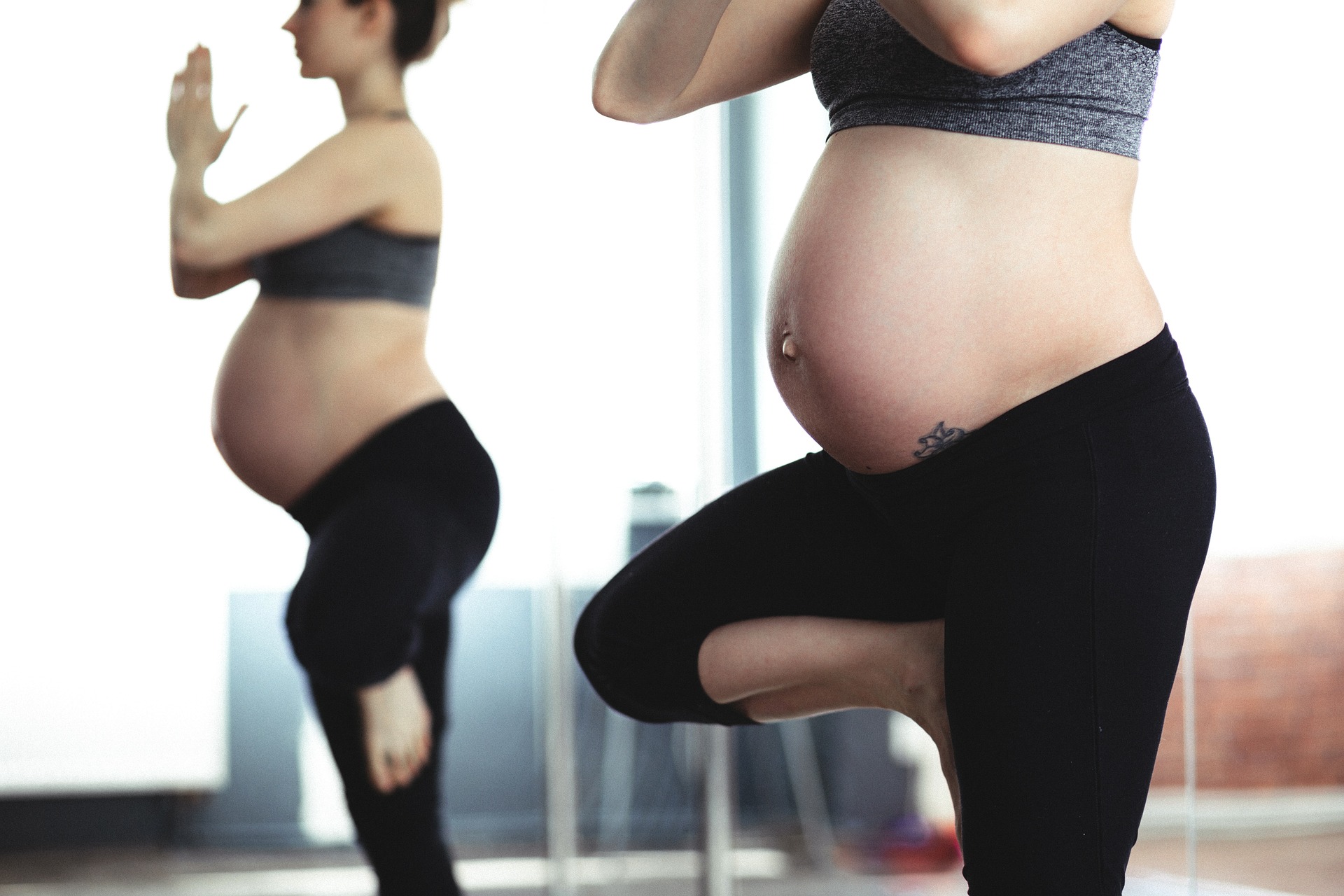Pregnancy is an exciting and transformative time, but it can also be confusing and overwhelming, especially for first-time mothers. With so much information available, it’s easy to fall prey to pregnancy myths that may not be true. In this article, we will examine ten common pregnancy myths and separate fact from fiction to help you have a healthy pregnancy.
Myth 1: Eating for Two
One of the most common pregnancy myths is the belief that you need to eat for two. However, this is not entirely true. While it’s important to eat a healthy and balanced diet, you don’t need to double your caloric intake. The American College of Obstetricians and Gynecologists recommends that women with a healthy pre-pregnancy weight should consume an additional 300 calories per day during the second and third trimesters. This equates to an extra snack, such as a piece of fruit or a small sandwich. Eating too much during pregnancy can lead to excessive weight gain, which can increase the risk of gestational diabetes, hypertension, and other pregnancy complications.

Myth 2: Morning Sickness Only Happens in the Morning
Morning sickness is one of the most common symptoms of pregnancy, affecting up to 80% of women. Contrary to its name, morning sickness can occur at any time of the day or night. It typically begins around the sixth week of pregnancy and can last throughout the first trimester. While the exact cause of morning sickness is unknown, hormonal changes and a sensitive stomach are thought to play a role. To manage morning sickness, it’s recommended to eat small, frequent meals, stay hydrated, get plenty of rest, and avoid triggers such as strong smells and greasy or spicy foods.
Myth 3: You Should Avoid Exercise During Pregnancy
Another common pregnancy myth is that exercise is dangerous for both the mother and the baby. However, regular physical activity is actually beneficial for both. Exercise can help control weight gain, reduce the risk of gestational diabetes and hypertension, improve sleep, and boost mood. It’s recommended to aim for at least 30 minutes of moderate-intensity exercise on most days of the week. Suitable activities include walking, swimming, prenatal yoga, and low-impact aerobics. However, it’s important to consult with your healthcare provider before starting any exercise program and to avoid activities that carry a high risk of injury, such as contact sports or activities with a high risk of falls.

Myth 4: You Should Avoid Sex During Pregnancy
Sex during pregnancy is safe for most women and is not associated with an increased risk of miscarriage or preterm labor. In fact, sex during pregnancy can have several benefits, including stress relief, improved sleep, and increased intimacy with your partner. However, some women may experience discomfort or a decreased libido during pregnancy, and it’s important to communicate with your partner and healthcare provider about any concerns. Additionally, if you have a history of preterm labor or other pregnancy complications, your healthcare provider may advise against sexual activity.
Myth 5: You Can’t Dye Your Hair During Pregnancy
Many women are concerned about the safety of hair dye during pregnancy. While it’s true that some hair dyes contain chemicals that may be harmful, there is limited research on the effects of hair dye on pregnancy. The American College of Obstetricians and Gynecologists recommends that pregnant women wait until the second trimester before coloring their hair and to choose a semi-permanent or vegetable-based dye, which is less likely to be absorbed by the skin. It’s also recommended to avoid exposing the scalp to hair dye and to work in a well-ventilated area.

Myth 6: You Can Determine the Baby’s Gender Based on the Shape of the Belly
One of the most persistent pregnancy myths is that the shape of the belly can reveal the gender of the baby. However, there is no scientific evidence to support this belief. The shape of the belly is influenced by several factors, including the mother’s pre-pregnancy weight, the position of the baby, and the amount of amniotic fluid. The only way to determine the baby’s gender is through prenatal testing, such as an ultrasound or amniocentesis.
Myth 7: You Should Avoid Traveling During Pregnancy
Traveling during pregnancy is generally safe for most women, but there are some precautions to consider. It’s recommended to avoid travel during the first and third trimesters, as the risk of miscarriage and preterm labor is highest during these times. If you need to travel, it’s important to take frequent breaks, stay hydrated, and wear comfortable clothing. If you’re traveling internationally, it’s recommended to check with your healthcare provider about any necessary vaccinations and to avoid areas with a high risk of Zika virus and other infections.
Myth 8: You Shouldn’t Drink Caffeine During Pregnancy
While it’s true that excessive caffeine intake can be harmful during pregnancy, moderate caffeine consumption is generally safe. The American College of Obstetricians and Gynecologists recommends that pregnant women limit caffeine intake to 200 milligrams per day, which is equivalent to about one 12-ounce cup of coffee. High caffeine intake has been linked to an increased risk of miscarriage, preterm labor, and low birth weight, but the evidence is inconclusive.

Myth 9: You Should Eat Certain Foods to Induce Labor
Many women are eager to meet their baby and may try to induce labor naturally by eating certain foods, such as spicy foods or pineapple. However, there is no scientific evidence to support these claims. While certain foods may have mild uterine-stimulating effects, such as red raspberry leaf tea, they are unlikely to induce labor. Additionally, attempting to induce labor before the baby is ready can increase the risk of complications, such as fetal distress and infection.
Myth 10: You Shouldn’t Get Vaccinated During Pregnancy
Getting vaccinated during pregnancy is an important way to protect both the mother and the baby from certain infections. The Centers for Disease Control and Prevention recommends that pregnant women receive the flu vaccine and the Tdap (tetanus, diphtheria, and pertussis) vaccine during each pregnancy. These vaccines are safe and effective and can reduce the risk of serious complications, such as hospitalization and death, from these infections.
Conclusion
In conclusion, there are many pregnancy myths that may not be true. Eating for two, avoiding exercise, and avoiding sex are just a few of the myths that have been debunked. By separating fact from fiction and consulting with your healthcare provider, you can have a healthy and successful pregnancy. Remember to prioritize your health and the health of your baby and don’t believe everything you hear.
Willing to learn more? The Top 10 Books to Read During Pregnancy
